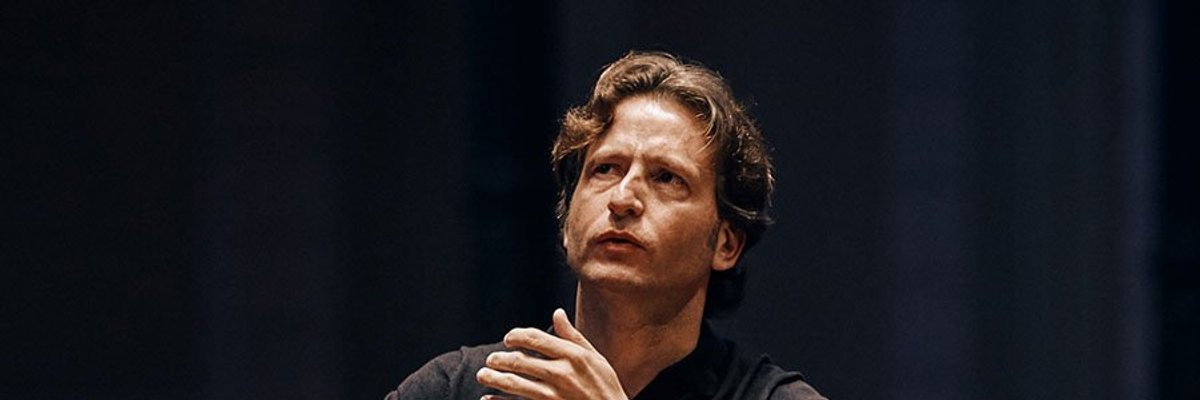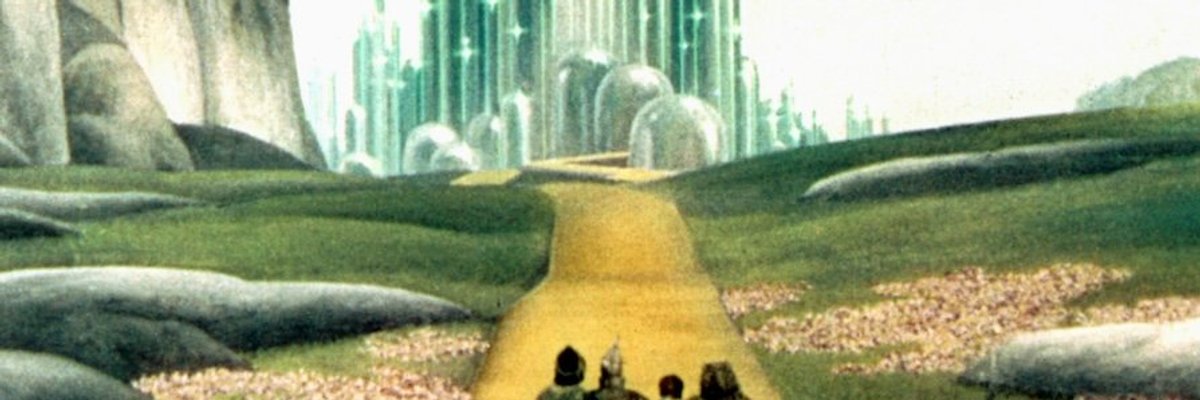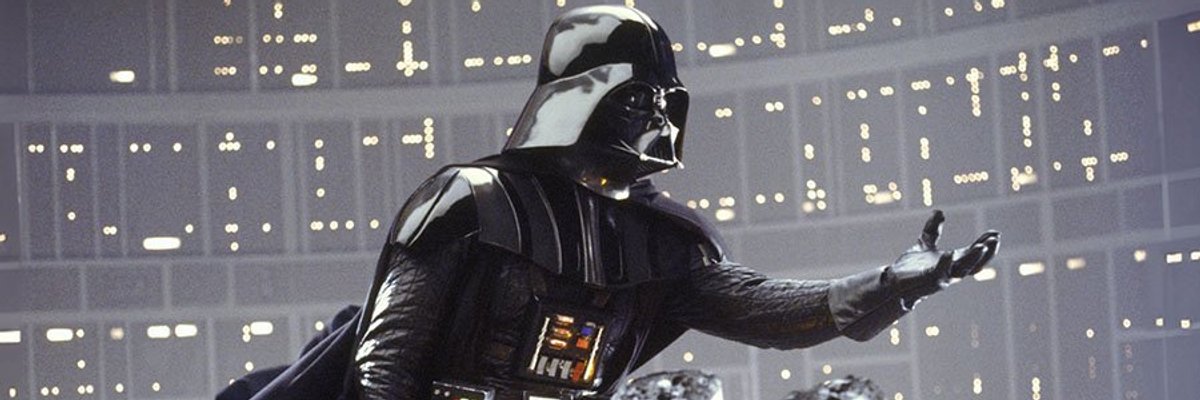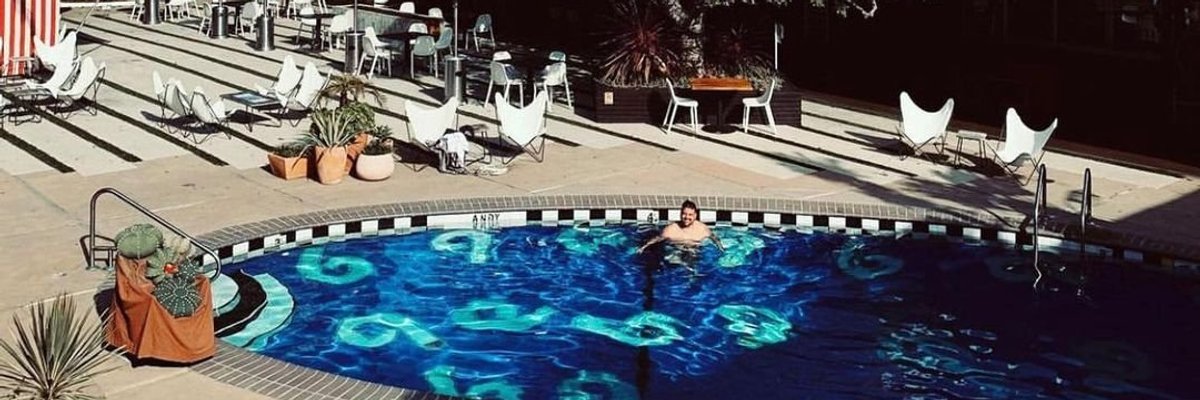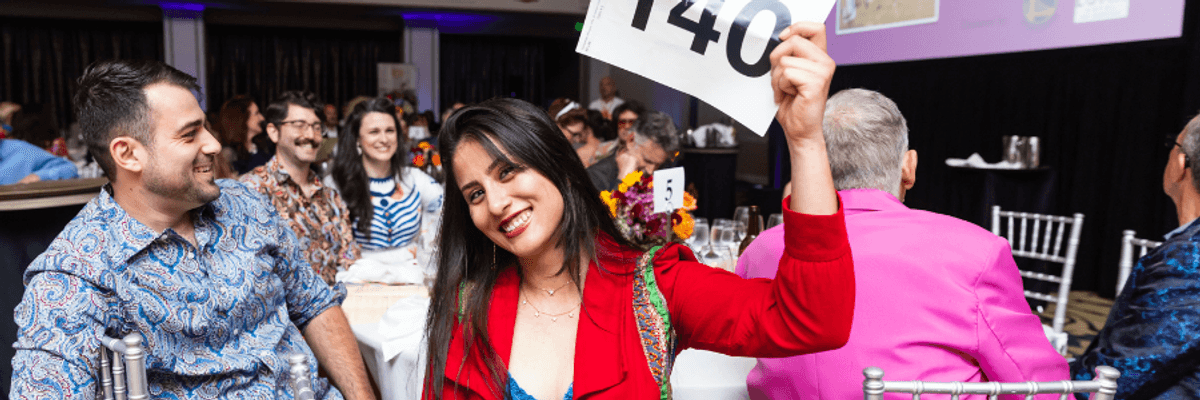Sure, it’s only rock n’ roll, but Richard Curtis likes it – so much that he wrote and directed Pirate Radio, a joyous ode to the irrepressible spirit of rock, put to the severest of tests in the ’60s by closed-minded British government bureaucrats.
Best known as the screenwriter responsible for hit comedies including 1994’s Four Weddings and a Funeral, Notting Hill (1999) and Love Actually (2003), which marked his directorial debut, Curtis, 53, says Radio reflects a personal passion for music that has been increasingly evident with each of his films.
“I’ve always told my girlfriend, the mother of my four children, that she’s second, and that I love pop music most,” he says in his refined English accent. Maybe he’s joking; it’s hard to be sure.
His latest screenplay has been long in the planning. “I’ve been thinking about this for eight years,” he says, “and music has been leaking into my movies more and more. But I didn’t want to write about some young man who hits the big time, falls on hard times, and then stages a reunion concert.”
Curtis ended up writing about the popular pirate radio stations of the ’60s that embraced Fab 40 pop and based their headquarters offshore to avoid government reprisal. They were ultimately outlawed, but Curtis considers pirate radio a seminal influence in his own life, and believes its cultural impact has never been properly recognized.
“Every person in my generation has the same memory,” he says. “You would go to bed at night, put your transistor radio underneath your pillow, switch it on with its little glowing light, and stay up late to hear this fantastic music and voices you could not hear elsewhere. Your parents would shout from downstairs, ‘Go to sleep! Turn off the light!’ It was one of the things that made me love pop music most, that slight sense of it being illicit and illegal.”
Like Curtis, The Who’s Pete Townshend paid tribute to the influence of pirate radio – in his case, by including their trademark jingles on the band’s 1967 album, The Who Sell Out. Coincidentally, The Who’s anthemic hit “I Can See for Miles” appears on the Pirate Radio soundtrack, along with ’60s classics by the Beach Boys, Martha Reeves & the Vandellas and Smokey Robinson. Curtis lists none of them among his favorite artists, though he’s quick to acknowledge his pride in the soundtrack, which is as star-studded as his Philip Seymour Hoffman-led cast.
“I’m rather keen on the Turtles and the Troggs, I’ve always loved the Kinks, and I’m a huge fan of the Beatles,” says Curtis, who admits listening to the Rolling Stones “intermittently” but was scared of them as a teenager unhappily attending the Papplewick boarding school in Ascot, England. His current favorites include Sigur Rós and Bon Iver.
While Curtis stops shy of calling Radio semi-autobiographical, he recalls a time when he felt the only friends in his life were DJs from pirate rock outlets like Radio Rock, the fictitious station depicted in his movie. For that reason, it was important to him that the film’s music be introduced by actors capable of generating the manic energy he cherished so long ago.
The solution? Getting Hoffman, one of the world’s strongest and most versatile actors, to play The Count, a boundlessly energetic American DJ and the de facto leader of Curtis’ gang of rogue broadcasters.
“I’d never worked with Phil before,” Curtis says. “But I think his character is the soul of the movie, and so I didn’t want to get a merely good actor for the part. The fact that I got the actor with the most soul in the world was a lucky break.”
Adds Bill Nighy, 59, a frequent Curtis collaborator who co-stars with Hoffman as Radio Rock’s sardonic impresario: “Philip seems to flick a switch and metamorphosizes into his character. But he also makes his fellow actors feel comfortable.”
For Hoffman, 42, the decision to join the Pirate Radio cast came down to his appreciation for The Count and his comfort level with Curtis, from whom he was able to glean a wealth of musical knowledge.
“[The Count] is one of those guys who can do what he wants,” says Hoffman, “which is to be a DJ, to be a conduit of music for people to listen to. He believes that rock ‘n’ roll is medicine, that it can get you through your day and maybe even change your life. This is a comedy, but there's a serious undercurrent of how much music means to people and informs lives. What would we do without it?
“It was helpful to me that Richard is a genuine [musical] connoisseur. I would recognize the music being played, though not recall who was singing it or know who wrote it – but he would always know. We talked early on about the Beatles and the Beach Boys, and his enthusiasm about them was so genuine, so pure that I suddenly understood what he was trying to do. I mean, I got it before that, but his passion inspired me.”
- Wine Country
- Holiday Gift Guide
- Holiday Recipes
- Events + Openings
- Workouts + Wellness
- Culinary Road Trip
- Community + Activism
- Cooking Videos
- COVID-19
- LGBTQ Pride
- Art + Design
- popular
- Test
- San Francisco
- East Bay
- Oakland
- Marin
- Silicon Valley
- Tahoe
- Secret Recipe
- Foodie Agenda
- Drink Here Now
- The Big Eat
- Play
- Tech
- Weddings
- Top Stories
- From Our Partners
- Property Porn
- Apartment Porn
- Brunch Topics
- Cannabis Insider
- Weekend Guide
- Monthly Agenda
- The Sunday Read
- Neighborhood Guide
- Best of San Francisco
- Most Popular
- Travel
- Dining + Restaurants
- Style Council 2016
- Cannabis
- 7x7 Hot 20
- 7x7 Cannabis Guide
- Bay Area Wellness Guide
- Shop Talk
- Music + Concerts
- Bay Area News
- News + Politics
- Restaurant Review
- Made in the Bay Area
- Style Council 2017
- Humor
- Manually populated
- Right Rail Most Read
- Sports
By
Related Articles












